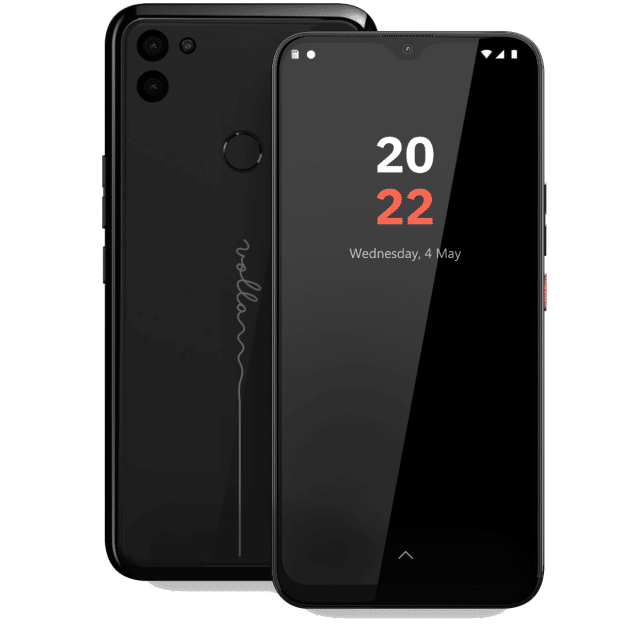
Volla Phone 22 is a privacy-focused smartphone that runs the Google-free Android-based Volla OS, Ubuntu Touch, or Sailfish OS [Review]
When buying a smartphone, you have two real choices. You can opt for an iPhone, which runs iOS, or one of the many Android handsets available from the likes of Google, Samsung, Huawei, OnePlus and Sony.
If you value your privacy, then you might want a phone that truly does too. Volla Phone 22, from German firm Hallo Welt Systeme UG, is a good-looking device that is focused on keeping you safe and secure. It runs a choice of operating systems -- Volla OS, Ubuntu Touch, and the recently added Sailfish OS -- that can be selected on start-up. Support for additional mobile operating systems is coming soon.
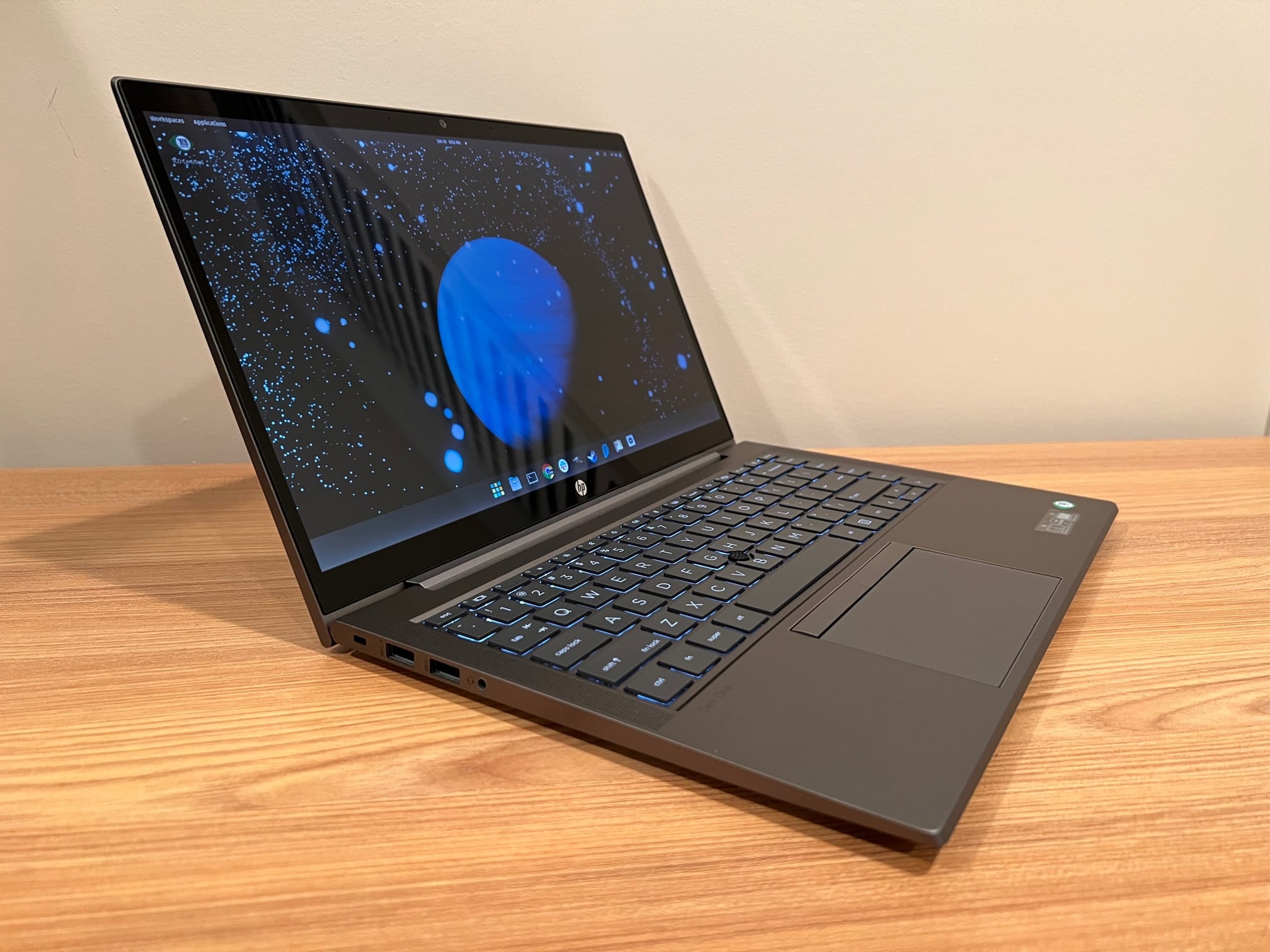
HP Dev One Pop!_OS Linux laptop [Review]
When I first learned that System76 and HP were partnering on a laptop running Pop!_OS, I was absolutely shocked. After all, System76 is a computer manufacturer, so HP is sort of one of its competitors. Not to mention, Pop!_OS isn't exactly a well-known operating system outside the Linux community -- it doesn't carry the same name recognition as Ubuntu, for instance.
Regardless of why this collaboration happened, the HP Dev One laptop is officially here, available to anyone in the United States that has $1,099. We have been testing the new developer-focused notebook and we have definitive opinions to share, including whether or not you should buy it. So, without further ado...
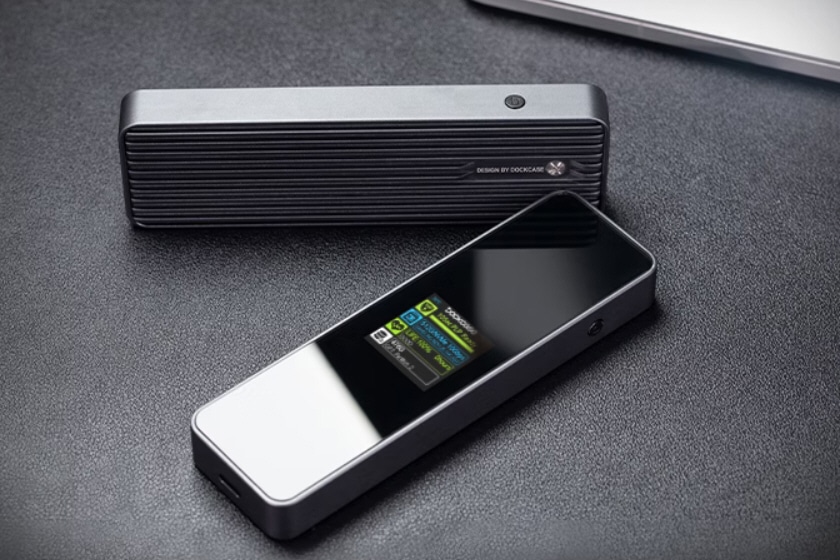
DOCKCASE M.2 NVMe Smart SSD Enclosure comes with an HD display and built in Power Loss Protection (PLP) [Review]
If you want to transfer data between computers without using the cloud, USB flash drives remain a solid option. If you’re working on important data that you can’t afford to lose, they might not be the most reliable choice however.
DOCKCASE, by Seesaw, is a pocket-sized enclosure (127 x 39 x 14mm) for M.2 NVMe and SATA SSDs that not only provides on-screen details about the storage inside, but can also protect your data from accidental loss.
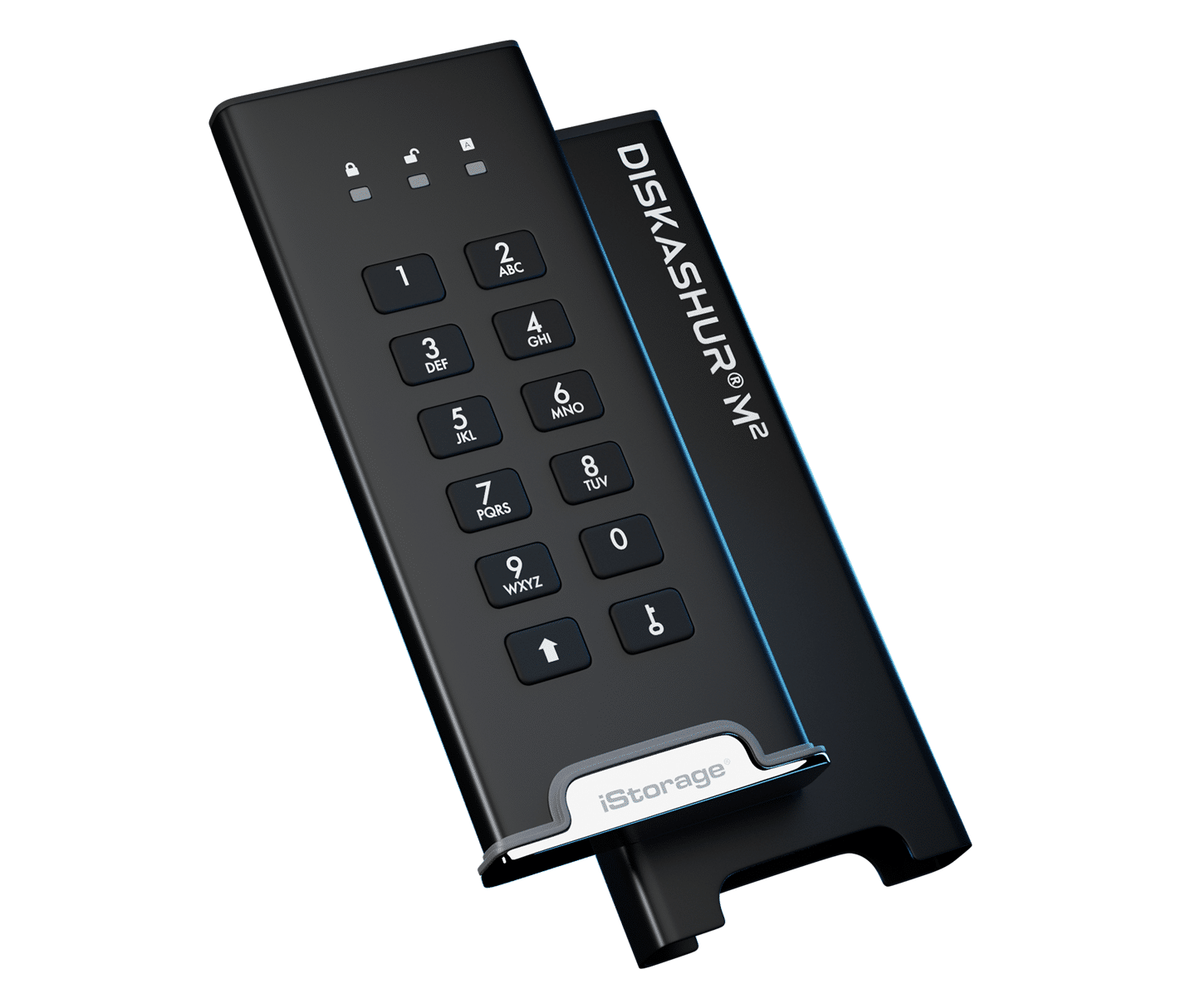
iStorage diskAshur M2: An ultra-secure hardware encrypted portable SSD [Review]
Storing files in the cloud has a lot of benefits, not least making them easily accessible from anywhere. It isn’t necessarily the most secure option, however.
If you have private data that you can’t afford to fall into the wrong hands, you should definitely consider a PIN authenticated hardware encrypted portable USB SSD like iStorage’s excellent diskAshur M2.
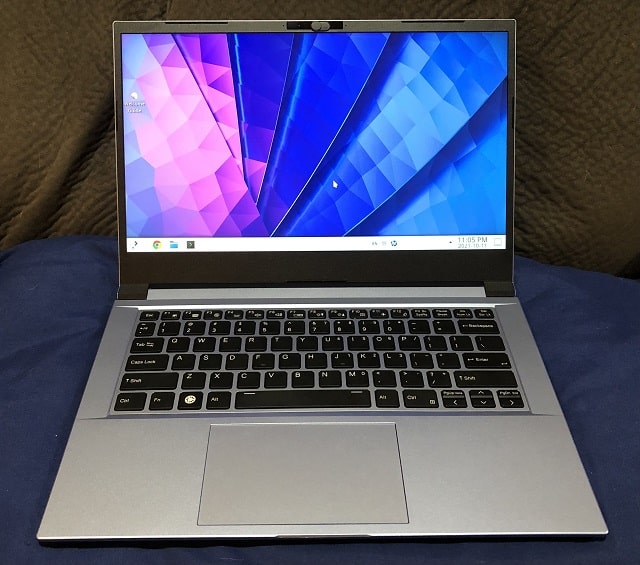
Kubuntu Focus XE is the perfect laptop for Windows-switchers and Linux beginners [Review]
All Linux distributions are not created equally. In other words, it is absolutely not correct to say "Linux is Linux." Not only are there differences under the hood with things like package managers and kernel versions, but more user-focused variations too, such as the actual desktop environment. Unlike Windows that only offers one interface, there are several for Linux-based operating systems. Ultimately, a user's Linux experience can vary wildly based on distro.
But what Linux distribution is best for a beginner? This is an impossible question to answer definitively, but to attempt to do so, it is important to first define what a "beginner" actually is. Are they a first-time computer user or more likely, a longtime Windows user looking to switch to Linux? While the former is a blank canvas, the latter has many existing computing habits and expectations. And so, looking for something that doesn't deviate far from the traditional Windows user interface.
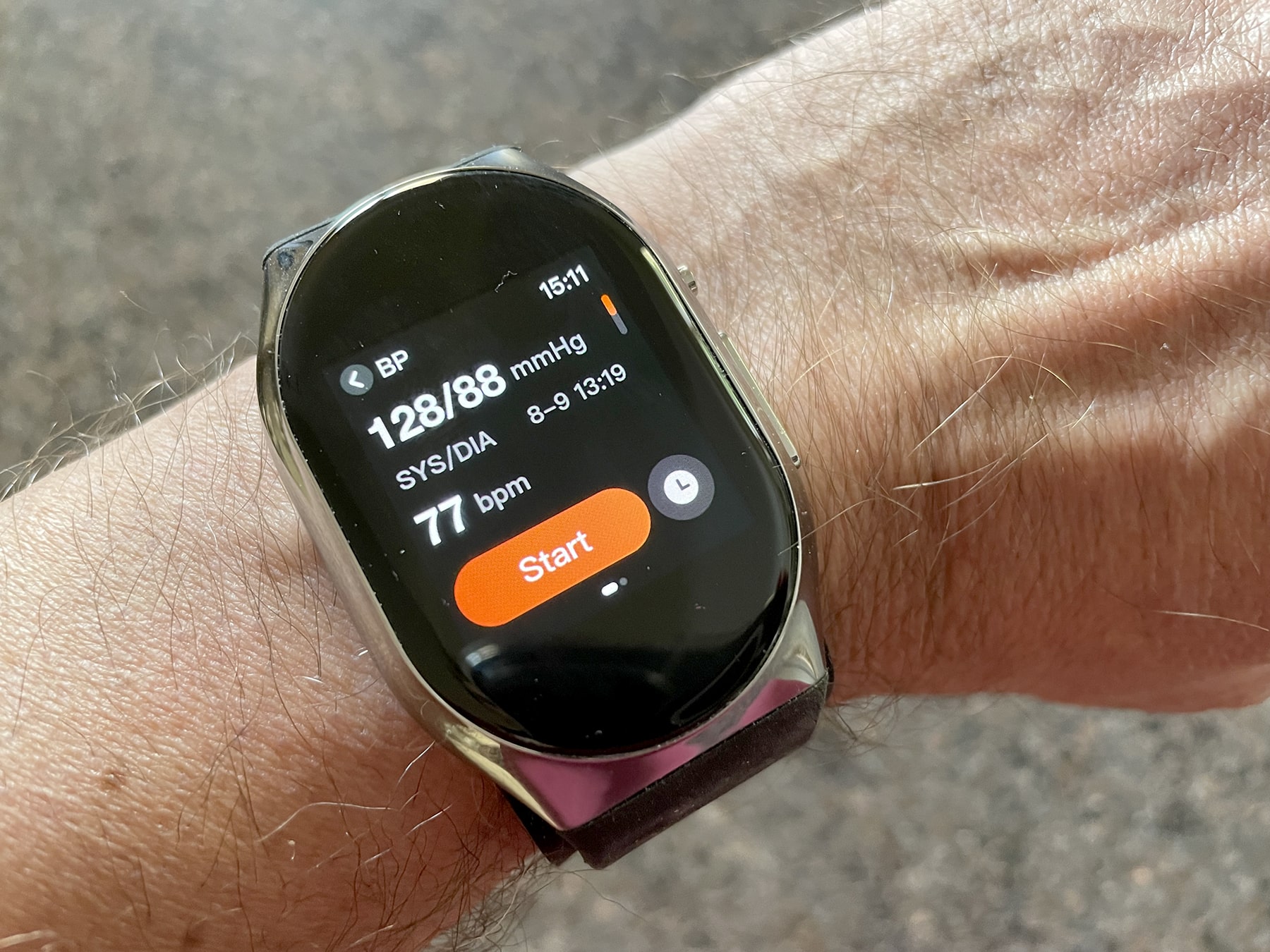
YHE's BP Doctor Smart Watch measures your blood pressure with an inflatable wrist band [Review]
Although my Apple Watch is capable of doing a lot of things, such as delivering messages and letting me reply to them, reporting on the weather, and controlling my music, it’s the many health functions I get the most from.
BP Doctor Smart Watch is much more affordable alternative to the Apple Watch that offers a wealth of similar health monitoring tricks, including recording your heart rate and blood oxygen levels, sleep time and HRV (Sleeping Heart Rate Variability), activity (outdoor walking, and indoor or outdoor running) and calories burned. It also has another impressive ability, and one that gives the device its name -- it can record your blood pressure.
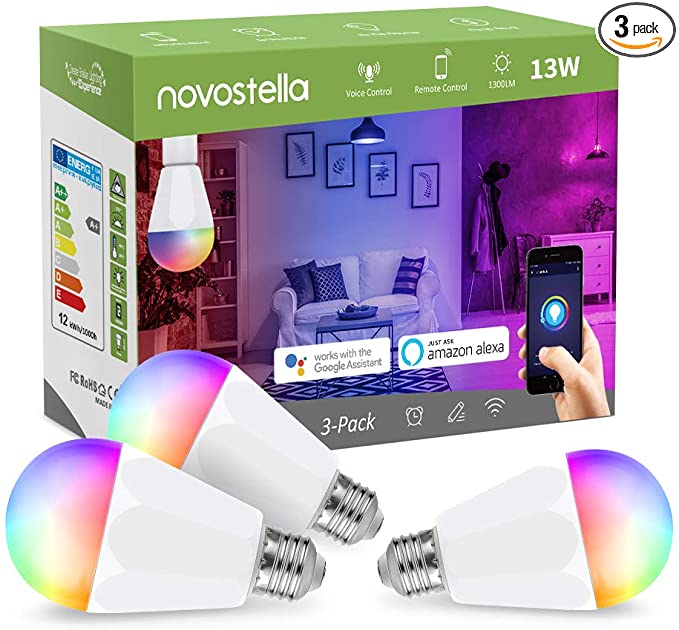
Novostella brings it all to automated lighting [Review]
Home automation continues to grow in popularity at an ever-increasing rate. The market value is expected to reach $114 billion by 2025, with smart lighting products accounting for 25 percent of that.
It’s hard to say where the average user begins with home automation, but we’d argue it’s likely to be with a smart lightbulb for most of them. It’s a product that seems straightforward and doesn’t have the dangers of locking you out of your house (as a smart lock could) or making you feel like you’re either in a) Death Valley, or b) Nome, Alaska (unlike a smart thermostat).
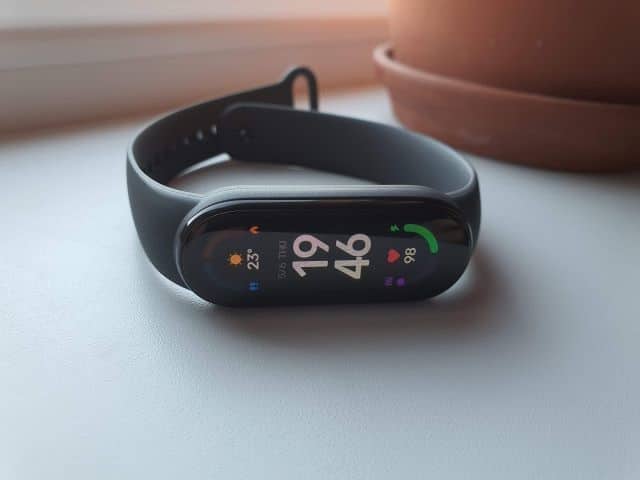
Xiaomi Mi Band 6: The same, but better in every way [Review]
It blows my mind that seven years after Xiaomi introduced the first Mi Band it is still the king of affordable fitness trackers. Think about it. Year after year, it faces stiff competition, yet when all is said and done it blows it out of the water. And it is not like there is any magic involved. The recipe has always been the same.
It has basic fitness tracking functionality, some smart features for extra usability, a classic form factor, and, most important of all, a price tag that makes your jaw stay right where it's supposed to. Unsurprisingly, the new Mi Band 6 follows that recipe to a T, hitting it out of the park for Xiaomi once again. If this were a chess game, it would be checkmate for the 2021 season.
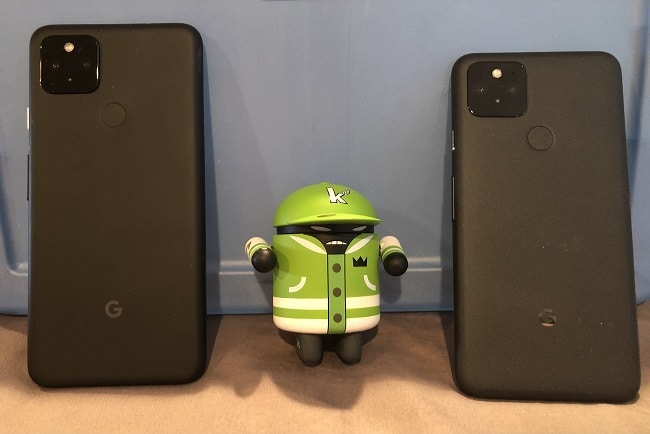
Pixel 5 or Pixel 4a 5G: Which Google phone should you buy when Christmas shopping?
Google's Pixel line of smartphones provides the purest Android experience, but for whatever reason, they aren't huge sellers. For many consumers, it is Samsung or nothing, and that is totally understandable -- that company does make good phones. If you prefer regular and timely Android updates, however, you pretty much have to go with a Pixel.
We are now halfway through November, and Christmas shopping is in full swing. Many people will be buying new smartphones for loved ones -- or themselves. And if you want a Pixel, you have a very hard decision -- do you opt for the Pixel 5 or Pixel 4a 5G? Both are 5G smartphones, yes, but they are not the same.
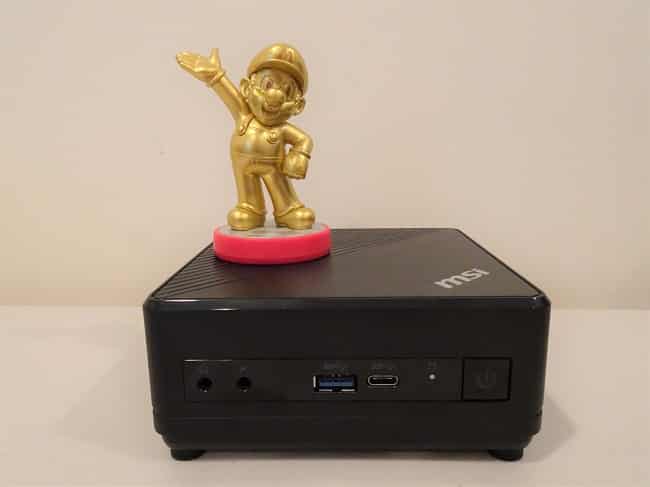
MSI Cubi 5 is a brilliant Linux mini desktop computer (yes, it runs Windows 10 too)
The Intel NUC has long been a favorite of Linux users, as the diminutive computer just works out of the box. Since almost everything is Intel-based -- including the graphics and Wi-Fi card -- you never have to worry about hardware having compatibility issues. They have historically been easy to upgrade too, allowing users to upgrade RAM, storage, and wireless. Sadly, new NUCs have soldered Wi-Fi cards, so you are essentially stuck with what it comes with. That stinks -- Intel is acting like Apple!
Thankfully, there is another mini computer that is also based on 10th generation Intel Core processors, but it does allow the wireless card to be upgraded. MSI's "Cubi 5," as it is called, is very similar to Intel's NUC, but it has better upgradeability. And yes, all modern Linux distributions will install and run without issue. I have been testing the Intel Core i5-10210U variant (there are also Core i3 and i7 models), which is a quad-core with 8 threads. While my configuration came with Windows 10 Home pre-installed, I immediately added Fedora to the mix in a dual-boot configuration.
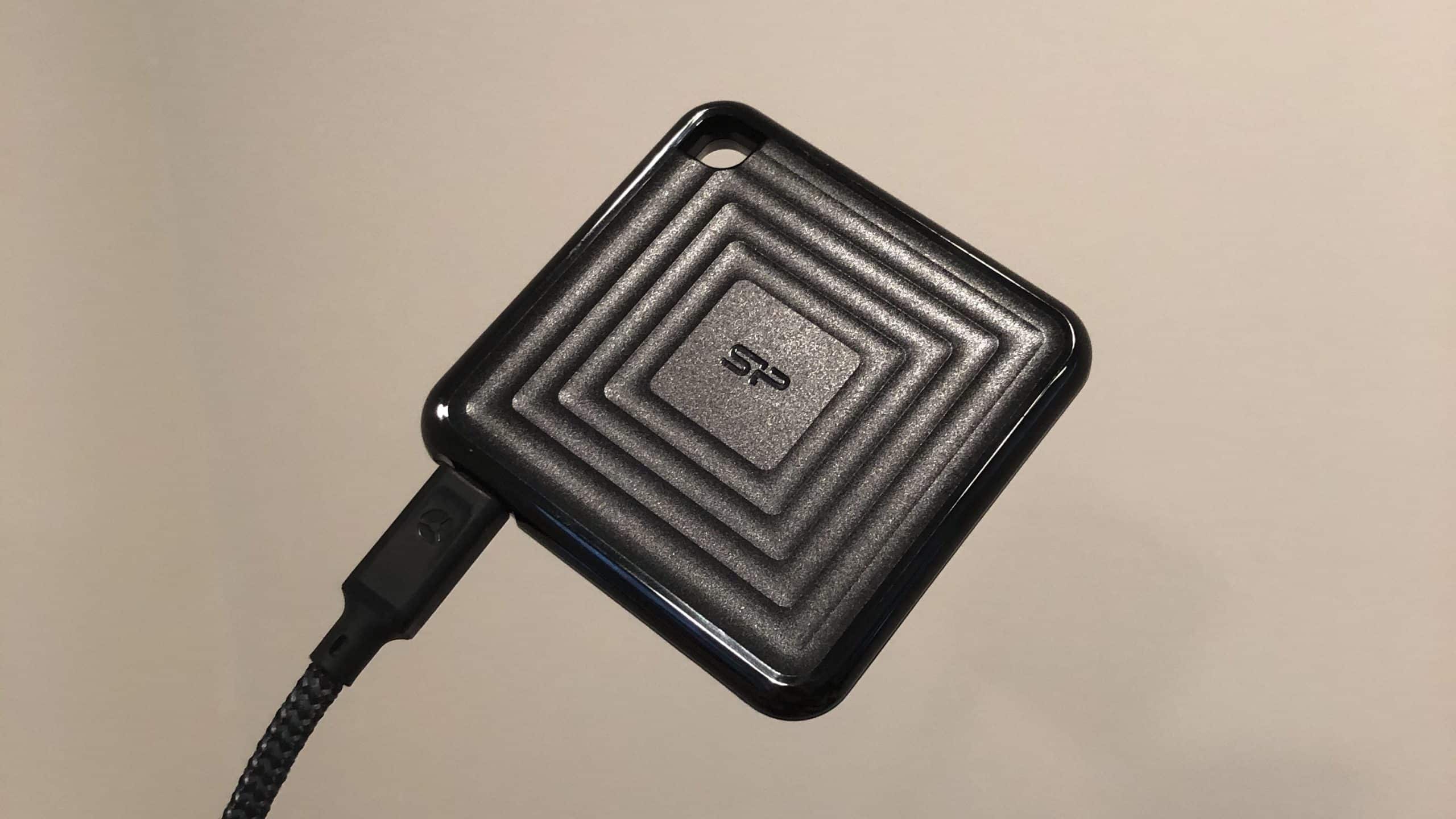
Silicon Power PC60 USB-C SSD [Review]
Backing up data is an essential part of computing responsibility. Just like regularly changing your car's oil, you should regularly back up your computer's files. The sad reality is, many people don't think about their important files until they are lost forever. How sad would it be if you lost your entire music library, your work projects, or worst of all, your family photos?
Nowadays, the cloud makes data backup easy, but you should not trust that solution exclusively. What if there is a situation where you don't have internet access, or even worse, the cloud provider goes out of business? You should also backup your files locally -- redundancy is key. Depending on how much data you have, a portable solid state drive often makes a lot of sense, as they offer very fast speeds and no moving parts. Not only does an external drive allow you to move data between multiple computers, but you can easily lock it in a safe or fireproof box if needed.
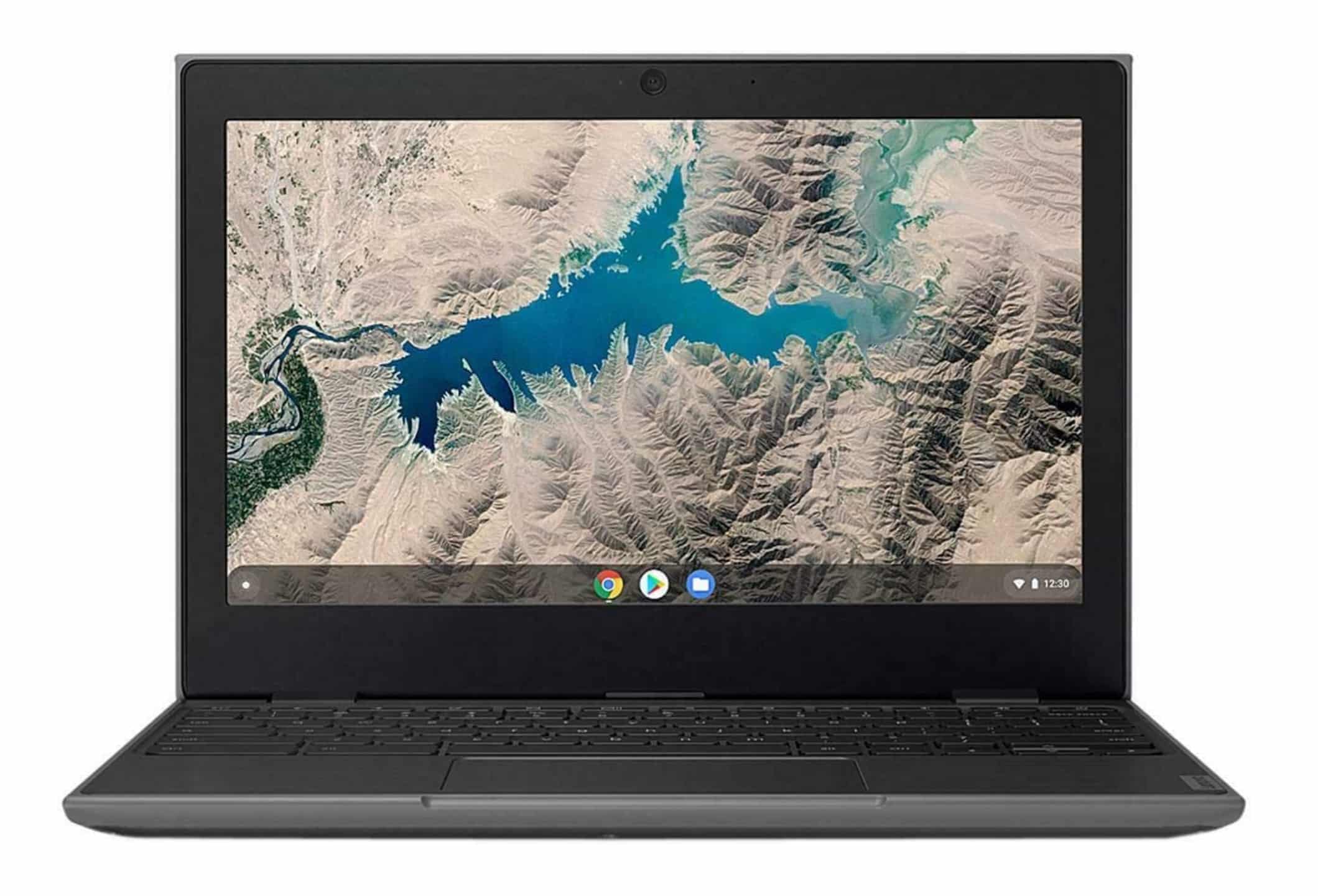
I'm back on Chrome OS with the Lenovo 100E Chromebook
The keyboard on my beloved Asus C206 died recently. I gave it life support, but it didn’t last long. For the past couple of weeks I’ve been using my Windows 10 laptop, and I like it. I use it regularly for tasks Chrome OS can’t do -- some programs just require Windows.
Now I’ve received a new Chromebook (new to me that is), the Lenovo 100E, and have been using it a little while. Let me tell you what I think of this iteration. Obviously, this is my opinion, yours may vary.
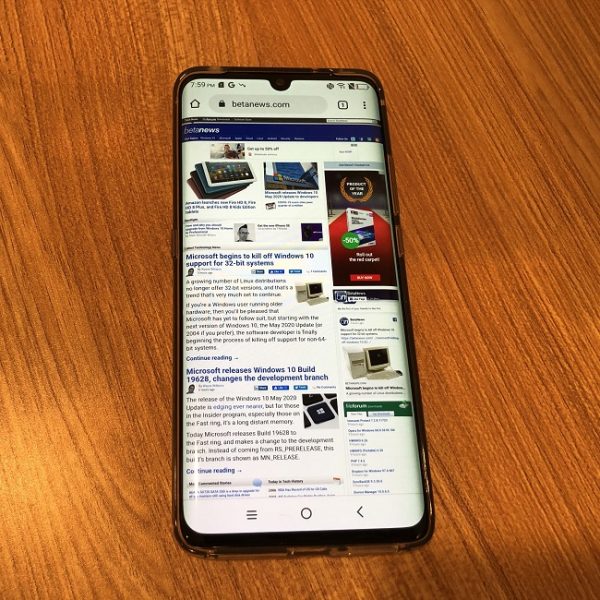
TCL 10 Pro Android smartphone perfectly balances quality and affordability [Review]
Android smartphones are more affordable than Apple's iPhone, right? Not always. In fact, in 2020, there has been a bit of a shift. There are Android flagships that are well over $1,000, while the very capable iPhone SE can be had for a mere $399. Of course, the top iPhone models are expensive too, but still, it isn't black and white anymore. Those looking for an affordable smartphone can now go with iOS or Android.
The problem, of course, is that affordable Android phones are often of dubious quality from no-name makers. Sure, some big-name makers, such as Samsung, also make lower-cost models, but they are usually quite neutered and lame. For whatever reason, it can be hard to find an Android phone that properly balances quality and affordability.
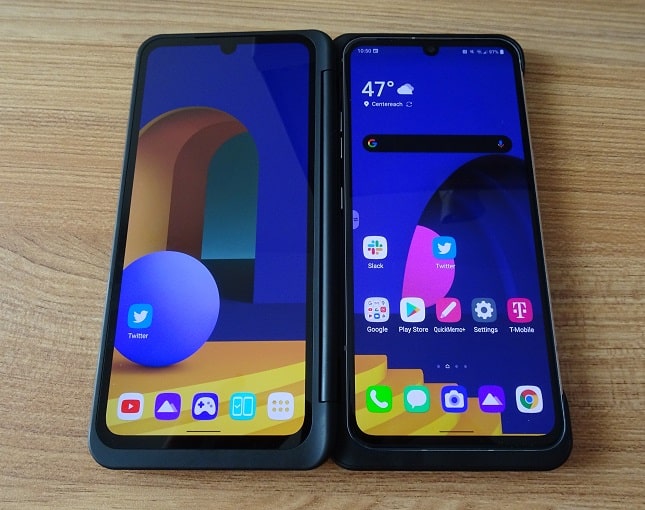
LG V60 ThinQ 5G with Dual Screen Review: imperfect, yet magical
What is the form-factor future of smartphones? That's a damn good question. Will smartphones with foldable screens really become the norm? I'd like to think so, but as of today, the technology is just not ready. Sadly, these devices with screens that fold are far too delicate. Even when they don't break entirely, they often have an unseemly crease on the screen. Not to mention, they tend to be quite expensive too. Until those issues can be ironed out (pun intended), consumers won't be willing to part with their hard-earned money.
So, what should a consumer that likes the idea of a foldable screen do today? Well, LG has a suggestion -- the V60 ThinQ 5G with Dual Screen. Rather than use a foldable screen for an enhanced user experience, it leverages two screens with a hinge in the middle. In other words, you can experience proper multitasking without dealing with a fragile or creased screen. While that sounds great on paper, the question is, how is it practice? I have been testing the T-Mobile variant of this device, and I am ready to share my feelings on it.
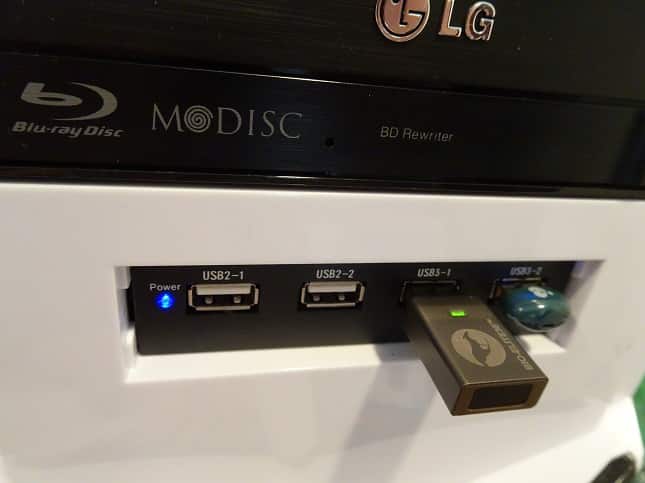
Kanguru Defender Bio-Elite30 fingerprint-encrypted USB flash drive -- great for storage, perfect for Tails Linux [Review]
When I first saw the Kanguru Defender Bio-Elite30 flash drive, I was immediately intrigued. Having the ability to decrypt an encrypted flash drive with the touch of a finger was immensely convenient. And yes, convenience matters, as making encryption easy increases the likelihood that the user will actually use it. If encrypting files becomes too cumbersome, the user may not bother, leading to poor security practices.
Also cool was Kanguru's promise that it was operating system agnostic, meaning it would work with any OS, such as Windows, macOS, and desktop Linux distributions. I'd later find out that was only partially true, but more on that in a moment. It is even well-built -- the housing is a solid piece of aluminum that not only looks beautiful, but should lend to increased durability.
